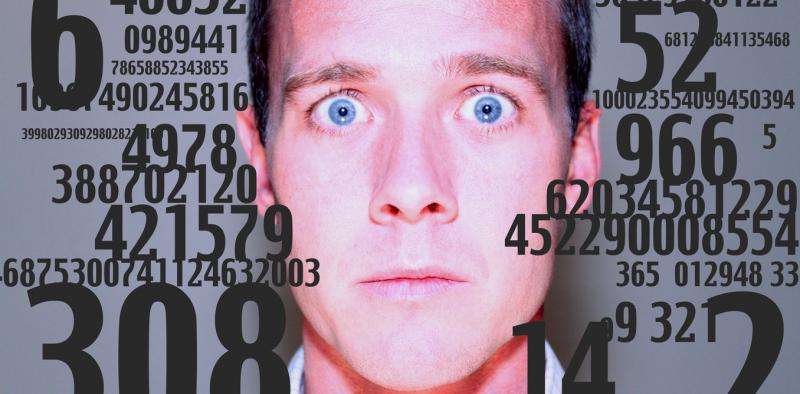How maths can help explain the workings of our brain

Given that advanced mathematical training is critical for helping to solve some of the most challenging questions about the brain works, why are there so few mathematical neuroscientists?
I hated biology when I was a kid. It was too messy, too shallow, too unprincipled for my taste, and I gave up studying it at school almost as fast as I could.
Instead, I wanted to understand the general principles of how everything works. I wanted to be a theoretical physicist. A joint degree in maths and physics gave me a great education in the mathematical tools needed for modelling complicated phenomena.
But I also learned that physics had already been explored by too many great minds for the likes of me to make much of a contribution, so I looked for a new direction. Little did I realise this would take me back to biology.
Learning how we learn
The first step came in the form of an opportunity to work briefly with Geoff Hinton, then at Carnegie Mellon University but now at Google. He was developing learning algorithms for artificial neural networks.
Here was something really exciting: a new field of learning machines with the promise of solving problems that are effortless for humans but seem almost impossible for machines, such as language translation and visual object recognition.
But when I started to work in artificial intelligence (AI), I discovered that many people in AI at that time didn't think that studying how intelligent behaviour emerges in biological nervous systems was useful for building intelligent machines. Some people still think that, but most agree that was a big mistake.
I then built neural network models of how the visual part of our brain develops. The aim was to understand how our brains learn the underlying structure of the patterns of visual stimulation we receive as we grow up. Remarkably, the mathematical principles involved are related to the algorithms companies such as Google and Facebook now use to mine data from the internet.
But by this time I was hooked on understanding the biology, the very thing I hated at school. Luckily, over the years I've had the privilege of meeting many outstanding neuroscientists, all of whom were extremely supportive of bringing more people trained in mathematics, physics and engineering into their field.
Modelling how the brain works
Another problem I got interested in was how growing nerve fibres are guided towards their targets in the developing brain. This is important because many neurological disorders are believed to be caused by incorrect wiring of the brain.
I discovered the area was largely unexplored from a theoretical perspective. Thus even simple mathematical models could help reveal new information, such as how growing nerve fibres are able to sense which direction they should move in based on the patterns of chemical guidance cues present in the brain.
I believe there has never been a better time to be a mathematical neuroscientist. Exciting new technologies for studying the brain are appearing rapidly, such as microscopes that can image the activity of thousands of neurons simultaneously in a living animal. These new technologies often lead to massive new datasets that can only be deciphered by people with good mathematical skills.
At the same time the big questions still loom large: How is information represented in the brain? How do we learn new information? How do we manage to remember any of it? Answering these questions is critical for both curing mental illness and building smarter computers.
At the heart of the mathematical approach to these problems is the idea that if we can't program an algorithm to do these things then we haven't understood what's really going on.
There are different levels at which phenomena can be understood, and for the brain the mathematical/computational level is at least as important as the molecular/cellular level.
We need more mathematical neuroscientists
So, to return to the main question: why are there so few mathematical neuroscientists?
First, undergraduate curricula often don't make it easy for people to pursue interests in both maths and biology.
Secondly, few appreciate that a degree in mathematics/physics/engineering is actually an excellent entry point for neuroscience research.
Thirdly, there are no targeted funding programs encouraging people to make that transition.
The good news is that all of these problems can be solved. To help address the first problem, The University of Queensland is now introducing the option of doing a minor in neuroscience as part of a mathematics degree. If you've read this article, then you've helped address the second problem (and don't forget to tell your friends).
For the third problem, such funding programs have been tried in other countries with great success. It is now time for Australia to take the lead.
Source: The Conversation
This story is published courtesy of The Conversation (under Creative Commons-Attribution/No derivatives).
![]()



















